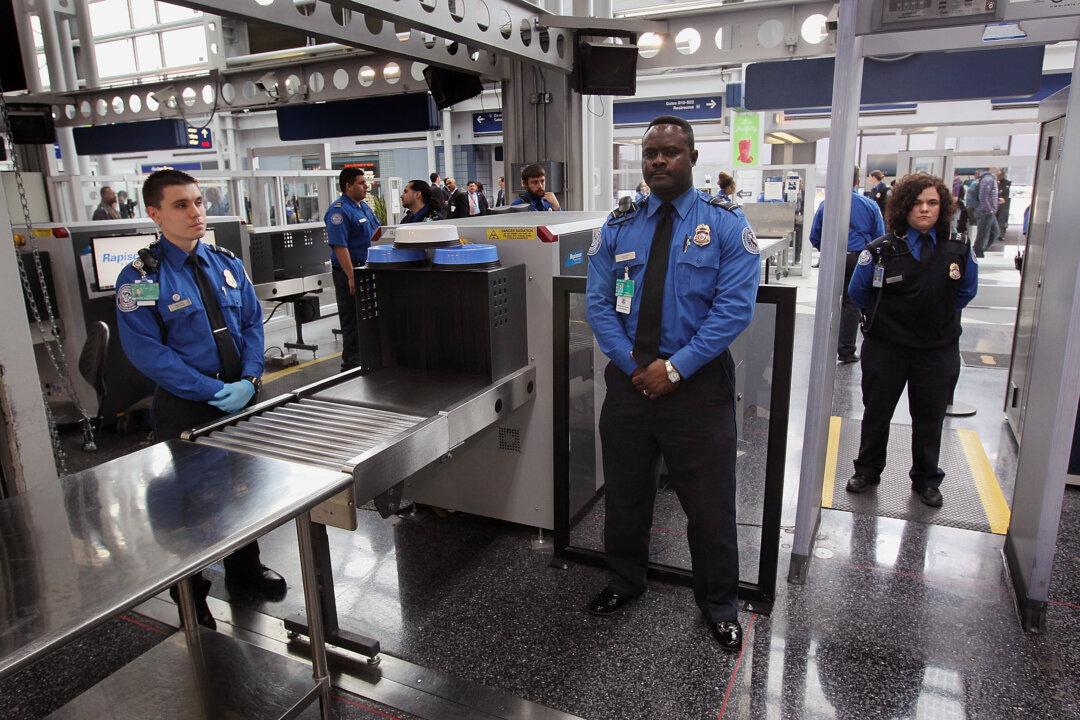A federal judge on Nov. 12 ruled that border agents can’t search international travelers’ electronic devices at airports and other U.S. ports of entry without “reasonable suspicion,” a move that could limit the otherwise growing practice.
The ruling by U.S. District Judge Denise Casper in Boston came after civil liberties activists brought a lawsuit in 2017 on behalf of 11 travelers. The lawsuit challenged the government’s power to search travelers’ smartphones and laptops for contraband like child pornography and counterfeit media, without being able to point to specific facts to justify their search.





